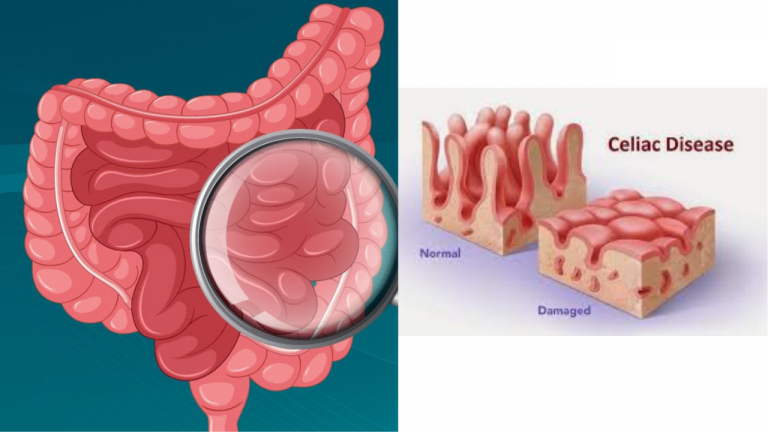Best Vegan Food Options

There is a wide variety of delicious and nutritious vegan food options available. Here are some popular choices:
Fruits and Vegetables: Incorporate a wide range of fruits and vegetables into your diet to benefit from their rich array of vitamins, minerals, and antioxidants. Include options like leafy greens, berries, citrus fruits, cruciferous vegetables, tomatoes, and more.
Legumes: Legumes such as beans, lentils, chickpeas, and peas are versatile and packed with protein, fiber, and essential nutrients. They can be used in soups, stews, salads, dips (like hummus), or as a main ingredient in plant-based burgers or curries.
Whole Grains: Whole grains like brown rice, quinoa, oats, barley, and whole wheat provide fiber, vitamins, minerals, and energy. Use them as a base for grain bowls, stir-fries, salads, or as a side dish.
Nuts and Seeds: Almonds, walnuts, cashews, chia seeds, flaxseeds, hemp seeds, and pumpkin seeds are excellent sources of healthy fats, protein, and various nutrients. Enjoy them as snacks, sprinkle them on salads or oatmeal, or use them in homemade nut butter or plant-based baked goods.
Tofu and Tempeh: Tofu and tempeh are soy-based products that are versatile and protein-rich. They can be marinated, stir-fried, grilled, or used as a meat substitute in various dishes.
Plant-Based Milk and Yogurt Alternatives: Opt for plant-based milk alternatives like almond milk, soy milk, oat milk, or coconut milk. These can be used in smoothies, cereals, or as a replacement for dairy milk in recipes. Similarly, plant-based yogurts made from almond, coconut, or soy are great options for dairy-free alternatives.
Plant-Based Meat Alternatives: Plant-based meat substitutes, such as veggie burgers, plant-based sausages, and vegan deli slices, are increasingly available. They are made from ingredients like legumes, soy, mushrooms, or grains and provide a texture and flavor reminiscent of meat.
Healthy Fats: Include sources of healthy fats like avocados, olive oil, coconut oil, and nut butter in your diet. These fats are important for nutrient absorption, satiety, and flavor.
Remember that a balanced and varied diet is essential for meeting nutritional needs. It’s always a good idea to consult with a healthcare provider or registered dietitian to ensure your diet is meeting your specific nutrient requirements.



